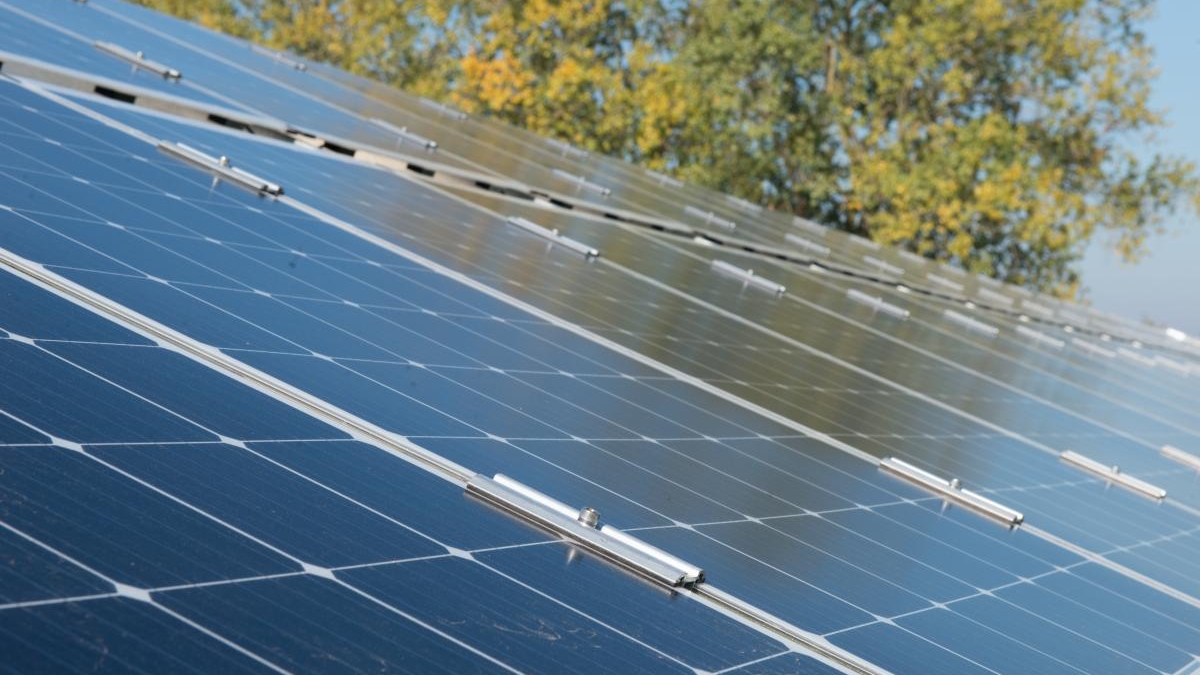Advancing photovoltaic cell and system technologies to improve energy efficiency and aesthetic integration for a sustainable future
The Solar Photovoltaic Systems group at DTU Electro focuses on addressing societal needs by advancing solar photovoltaic technologies that are more efficient, reliable, and seamlessly integrated into everyday environments.

The group's primary objective is to develop innovative solar cell solutions, such as bifacial modules and building-integrated photovoltaics, that maximize energy capture while maintaining aesthetic appeal. The group's work supports society’s transition to clean energy by making solar technology more accessible, competitive, and adaptable to diverse applications, from urban environments to large-scale solar farms. Their purpose is to contribute to Denmark's and the global solar industry’s leadership in renewable energy by fostering technological innovations and creating value for industry stakeholders through multidisciplinary research.
The current topics of the Solar Photovoltaic Systems group are:
Bifacial solar modules
- The group focuses on optimizing bifacial solar cells, which harvest sunlight from both sides. They explore designs and materials that maximize light absorption and study the use of reflectors and tracker systems to enhance energy yield, making bifacial modules more efficient for large-scale solar farms.
Building-Integrated PV (BIPV)
- They work on integrating solar cells into building materials like roofs and facades. By developing customizable, color-matched, and aesthetically pleasing solar modules, they make it easier for solar technology to be incorporated into modern architectural designs without compromising on energy efficiency.
Defect and fault detection
- The group employs state-of-the-art imaging and diagnostic techniques to identify defects in solar panels, such as cracks or hotspots, which can lead to efficiency losses. Their work improves the reliability and longevity of PV systems by enabling better monitoring and maintenance strategies.
Simulation tools for product integrated photovoltaics
- They design sophisticated simulation models and decision-support tools to optimize solar energy use in off-grid and urban settings. These tools consider factors like local weather patterns and load demands, contributing to more resilient and efficient energy solutions.
Advanced solar cell materials and manufacturing
- Their research also focuses on developing new materials and coatings for solar cells enhancing the efficiency and lowering the cost.
The Solar Photovoltaic Systems group is furthermore running the specialization in Solar Energy teaching many of the courses in photovoltaics.
Contact
Peter Behrensdorff Poulsen Group Leader ppou@dtu.dk